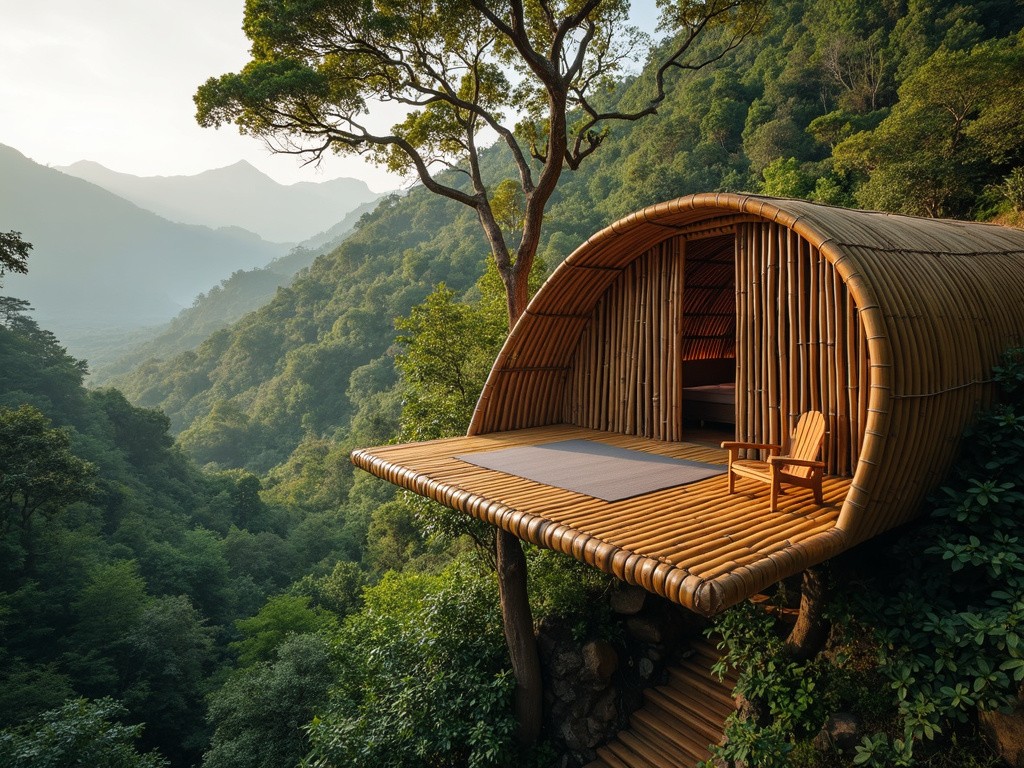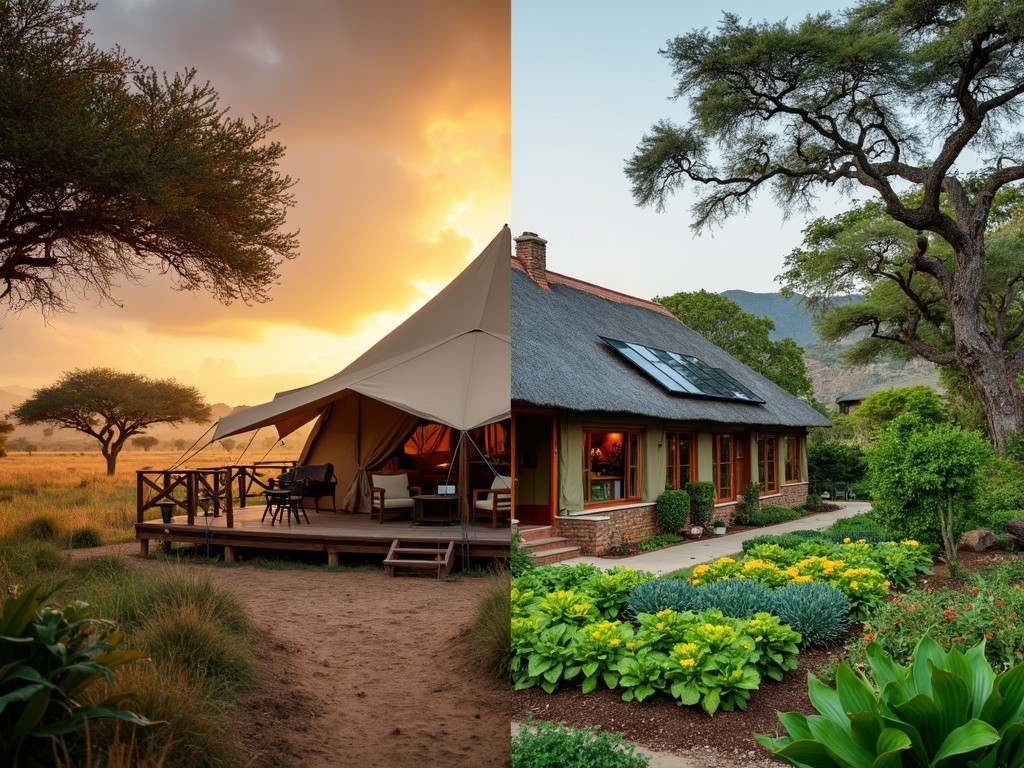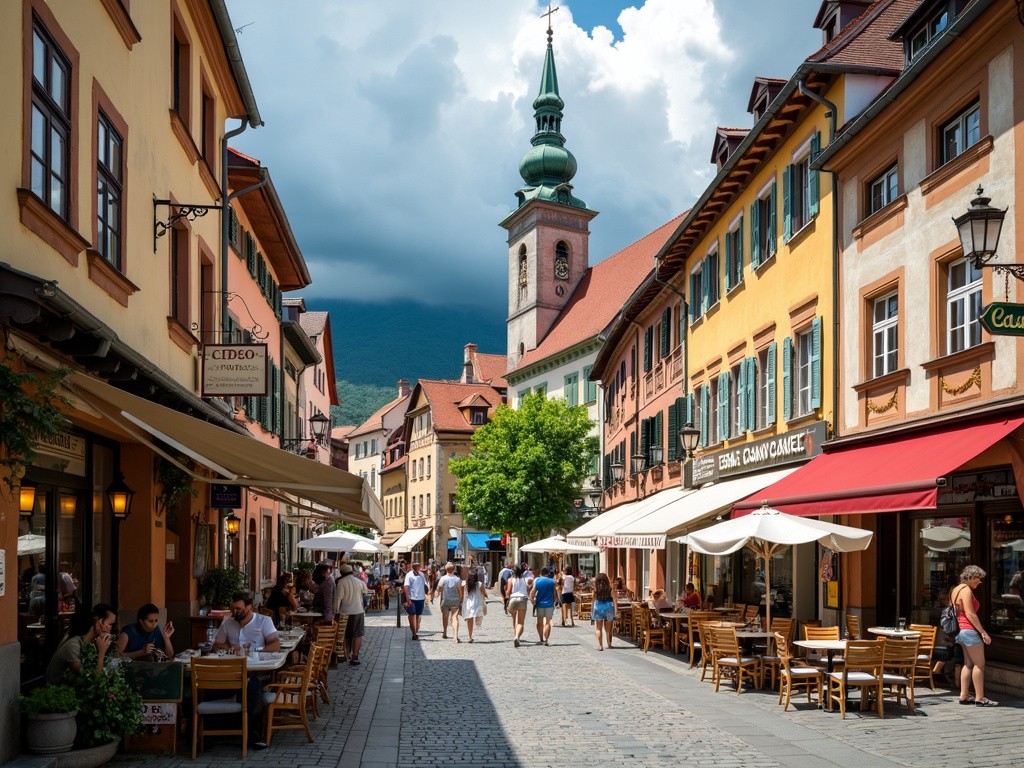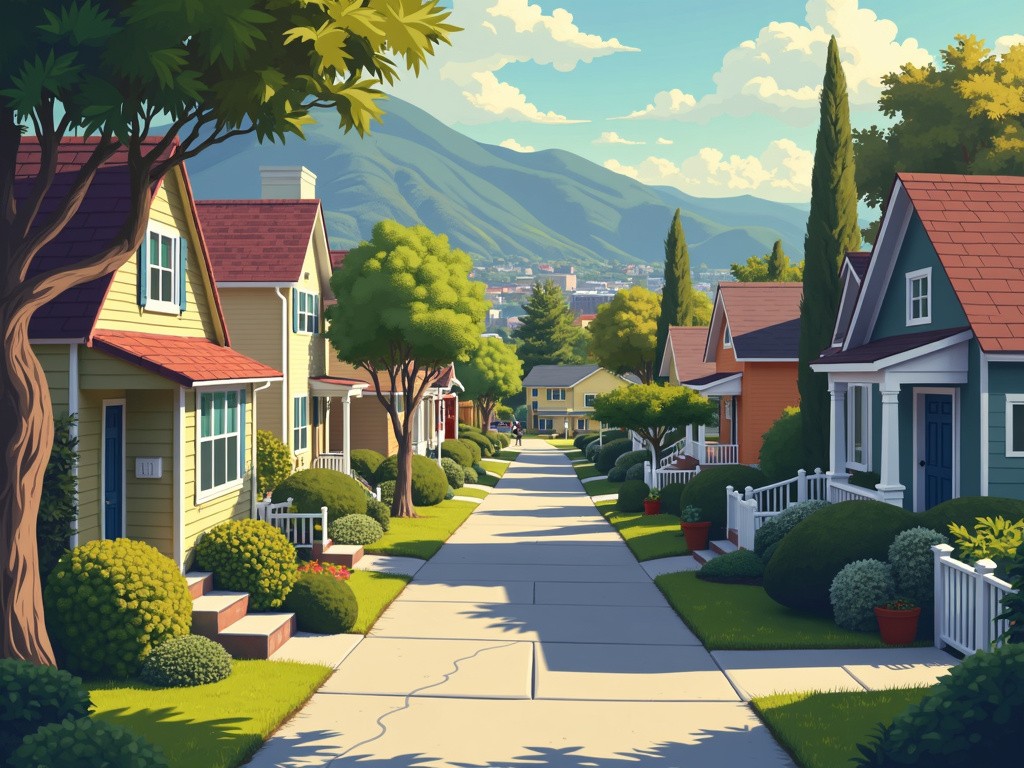First Impression
As a blogger who loves exploring Europe, I recently discovered something fascinating. Have you heard of Valencia? This city is simply amazing, quietly changing people's perception of travel. Most impressively, it just won the title of 2024 European Green Capital! This isn't something easily achieved - it's the highest recognition for a city's environmental efforts.
When I first visited Valencia, I was stunned by the city's atmosphere. It combines the Mediterranean coastal city's signature sunshine and warmth with a deep care for the environment. The streets are lined with greenery, clean bike lanes, and stylishly designed recycling bins, all expressing the city's commitment to environmental protection.
I must say, Valencia really knows what it's doing. It perfectly combines environmental protection with modern living, making sustainable development both fashionable and practical. Walking down the streets, you'll notice young people here are particularly environmentally conscious. They commute on shared bikes, carry reusable water bottles, and bring their own eco-bags for shopping - these details make me feel particularly warm inside.
Green Revolution
When it comes to Valencia's environmental protection, they've really invested heavily. They've set an incredibly ambitious goal: 100% renewable energy generation by 2025! Doesn't that sound super cool? Imagine, in the future, all electricity here - whether for charging or daily use - will be clean energy, truly representing the future of living.
I visited their solar power station, and the scene was truly impressive. Rows upon rows of solar panels gleaming in the sunlight - staff told me that this single station can power tens of thousands of households annually. Besides solar energy, Valencia is also heavily developing wind power. In the city suburbs, you can see beautifully designed wind turbines that don't detract from the landscape but rather become a unique scenic element.
What delighted me most was that many buildings here have installed solar panels. Shopping malls, schools, and office buildings are all actively utilizing this clean energy source. Some residential buildings have even transformed their balconies into small aerial gardens, both beautifying the environment and regulating temperature - truly killing multiple birds with one stone.
They've also established a super intelligent energy management system. Through big data analysis, they can accurately predict each area's electricity demand and allocate it reasonably. This not only improves energy use efficiency but also prevents waste. Street lights have all been replaced with smart LED lights that automatically adjust brightness based on weather and time, saving energy while being environmentally friendly.
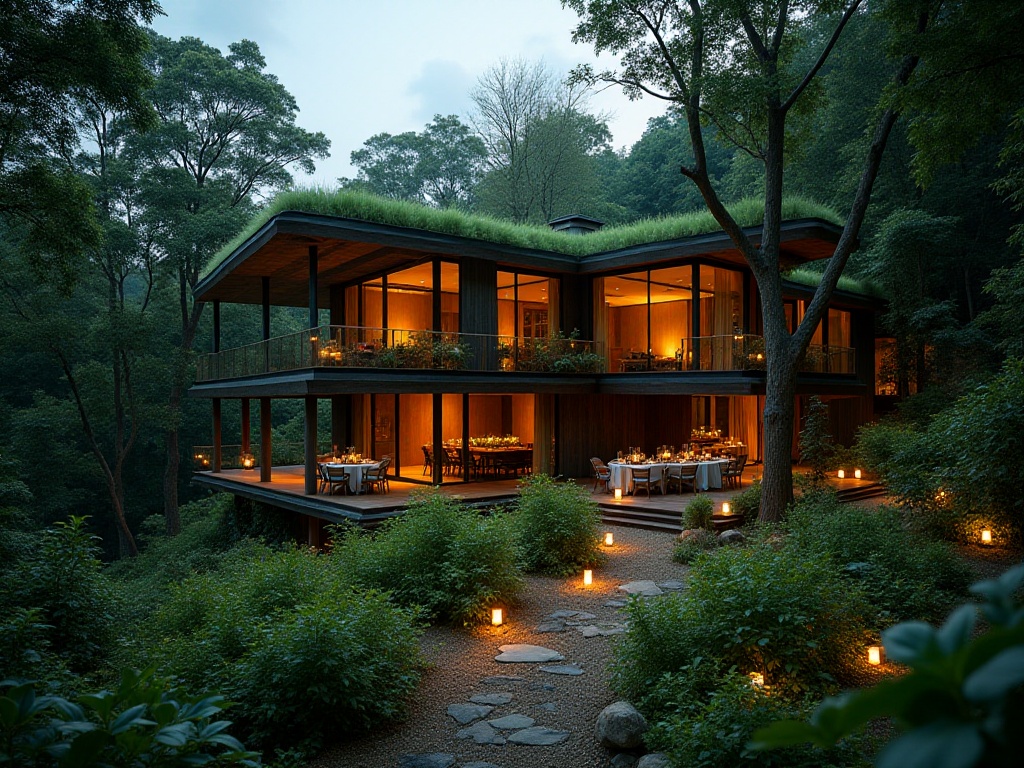
Local Features
Speaking of Valencia's most impressive features, the Huerta agricultural area definitely tops the list. It's literally a giant urban backyard! This isn't just ordinary farmland, but a super intelligent sustainable agricultural system. Can you imagine having such a large green space right next to the city, growing all kinds of seasonal vegetables and fruits?
When I visited, farmers were harvesting tomatoes and eggplants. They told me they use completely organic farming methods here, without any chemical fertilizers or pesticides. Even more impressive is their smart irrigation system, which automatically adjusts watering based on weather and soil moisture - water-saving and efficient.
What moved me most was how they preserve many traditional agricultural practices. For instance, they decide planting times based on moon phases and use plant compatibility relationships for intercropping - wisdom passed down through generations. Young farmers now combine these traditional knowledge with modern technology, creating unique farming models.
When dining at local restaurants, servers proudly tell you that the vegetables on your plate were harvested from Huerta that morning. The salad I tried was incredibly fresh, needing no dressing as the vegetables themselves were so flavorful. This farm-to-table model not only ensures ingredient freshness but also greatly reduces carbon emissions from transportation.
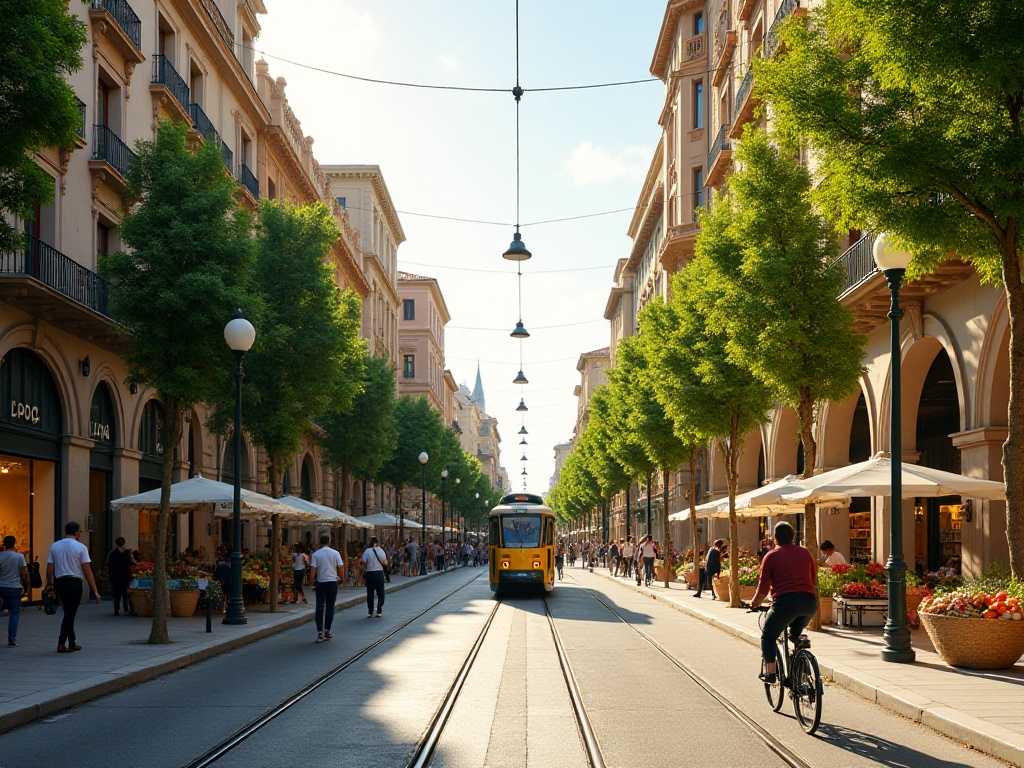
Transportation Experience
Valencia's transportation system is a textbook case of green mobility. As a frequent cyclist, I was amazed by the bicycle lane network here. The city's bike lanes are all independent, with dedicated traffic lights and signs, making cycling particularly safe and comfortable.
Plus, the shared bike system is super convenient, with stations visible everywhere. Best of all, these shared bikes are equipped with electronic maps and navigation systems - a blessing for tourists. On my first visit, I managed to tour all the city's main attractions using this system.
Besides bicycles, the public transportation here is also exceptional. The metro and bus networks have extensive coverage and are all powered by clean energy. Bus stops are equipped with solar-powered electronic displays showing real-time arrival information. What touched me most was that many bus stops have umbrella sharing points, so you don't have to worry on rainy days.
Walking in this city is also a pleasure. Sidewalks are spacious and clean, with many shade trees planted. Some main streets even have specially designed cooling mist systems, making summer walks particularly refreshing. Evening street lighting is also well-thought-out, using energy-efficient lights that ensure safety without causing light pollution.
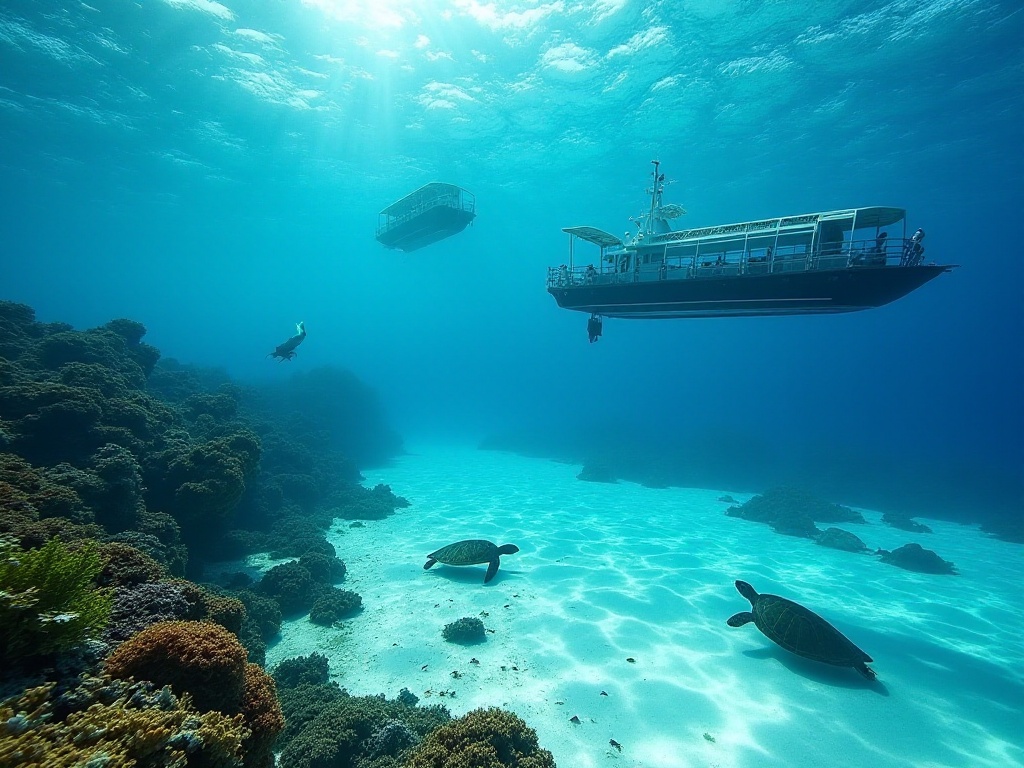
Green Space Planning
Valencia's green space planning is truly remarkable. In the prime city center, you can find carefully designed parks and green spaces everywhere. Most amazing is the Turia Park, which was transformed from a dried-up riverbed. Now it's become a green corridor running through the city, featuring not just sports facilities but also art installations and children's playgrounds.
Every neighborhood has its own small green space, which isn't just for show but truly serves as public space for residents. I saw many people exercising, walking dogs, having picnics, and even community outdoor yoga classes. Plant selection in these green spaces is also well-considered, using species suited to the local climate, making them both water-efficient and easy to maintain.
What impressed me most was their rooftop garden program. Many building rooftops have been converted into green spaces, some for growing vegetables, others for leisure areas. This not only beautifies the urban landscape but also effectively reduces building energy consumption - a clever solution for urban greening.
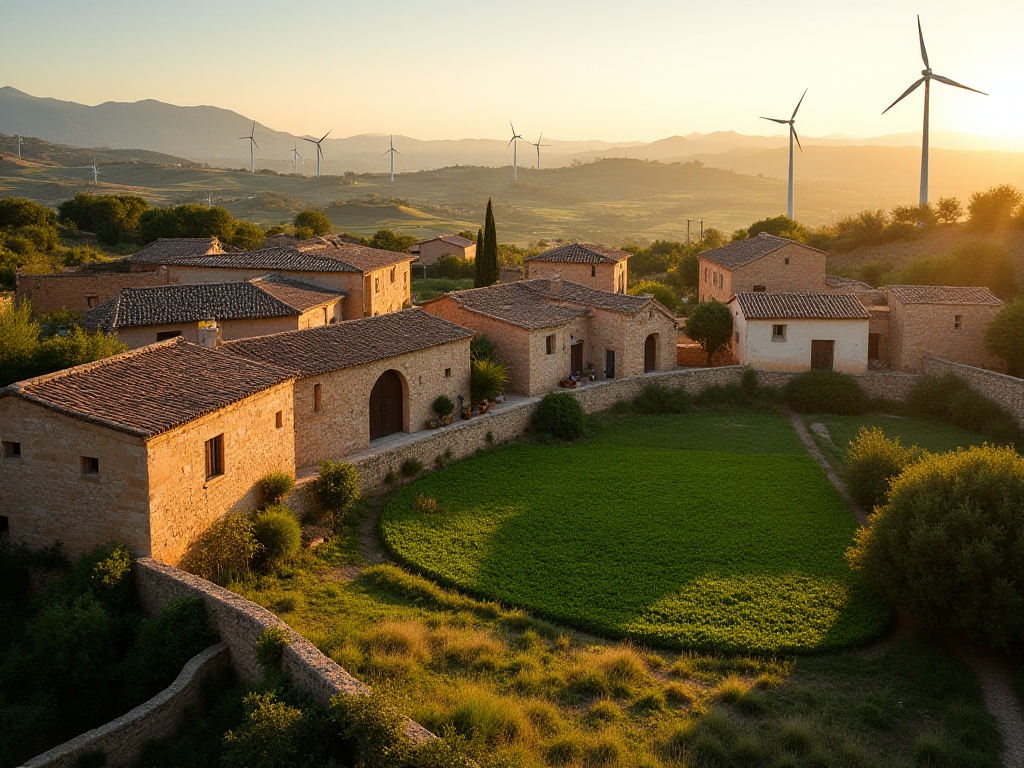
Deep Reflection
After spending some time in Valencia, I started pondering a question: Why should our travel necessarily burden our destinations? In fact, travel can become a positive force promoting local development. When we choose public transportation, buy local ingredients, and support eco-friendly accommodation, we not only reduce environmental impact but also create more job opportunities and economic benefits for the local community.
I noticed many young entrepreneurs here exploring new models of sustainable tourism. For example, someone developed an app specifically recommending hotels and restaurants using renewable energy. Others organize "zero waste" themed city walking tours, teaching tourists about environmental protection while walking. These innovative ideas showed me the endless possibilities for tourism's future development.
Practical Advice
For those wanting to deeply experience Valencia's sustainable lifestyle, I have some special recommendations. First, consider staying at eco-friendly hostels in the old town. These hostels are not only well-located but also use energy-efficient equipment and environmentally friendly materials. Some even provide guests with reusable water bottles and shopping bags.
In the morning, visit the Central Market where fruit is not only fresh but also affordable. Many vendors provide biodegradable bags, or you can bring your own. After shopping, take a shared bike to Turia Park for morning exercise and experience the local lifestyle rhythm.
In the afternoon, visit Huerta farms - many offer guided tours where you can learn about organic farming up close. For dinner, try restaurants using local ingredients, but remember to book in advance as these places are very popular.
Future Outlook
Seeing Valencia's success story fills me with hope for the future. More and more cities are starting to prioritize sustainable development - this isn't just a trend but an inevitable choice. According to latest data, over 75% of global travelers hope to achieve more sustainable travel methods in the coming year, and 90% of consumers prioritize sustainable choices when traveling.
I believe future tourism will increasingly emphasize environmental protection and sustainability. Cities like Valencia are showing us a new possibility: tourism development and environmental protection can coexist and even promote each other.
Most exciting is that many young people are now focusing on sustainable travel. They not only practice environmental protection themselves but also share their experiences on social media, influencing more people. This trend is slowly changing the entire tourism industry's ecology.

Conclusion
Through deeply understanding Valencia, I've discovered that sustainable travel isn't actually difficult to achieve. It's not just a concept but a truly implementable lifestyle. Here, environmental protection, cultural heritage, and economic development are perfectly integrated, making travel more meaningful.
This city has taught me that change starts with small actions. When each of us starts paying attention to our travel methods and choosing more environmentally friendly transportation and consumption patterns, these small actions add up to contribute to Earth's sustainable development.
Finally, I want to say that sustainable travel doesn't mean sacrificing travel enjoyment - on the contrary, it can make our travel experiences richer. Through deep interaction with local environment and culture, we can gain more unforgettable memories. What do you think? Please share your thoughts and experiences about sustainable travel in the comments!
Related articles


